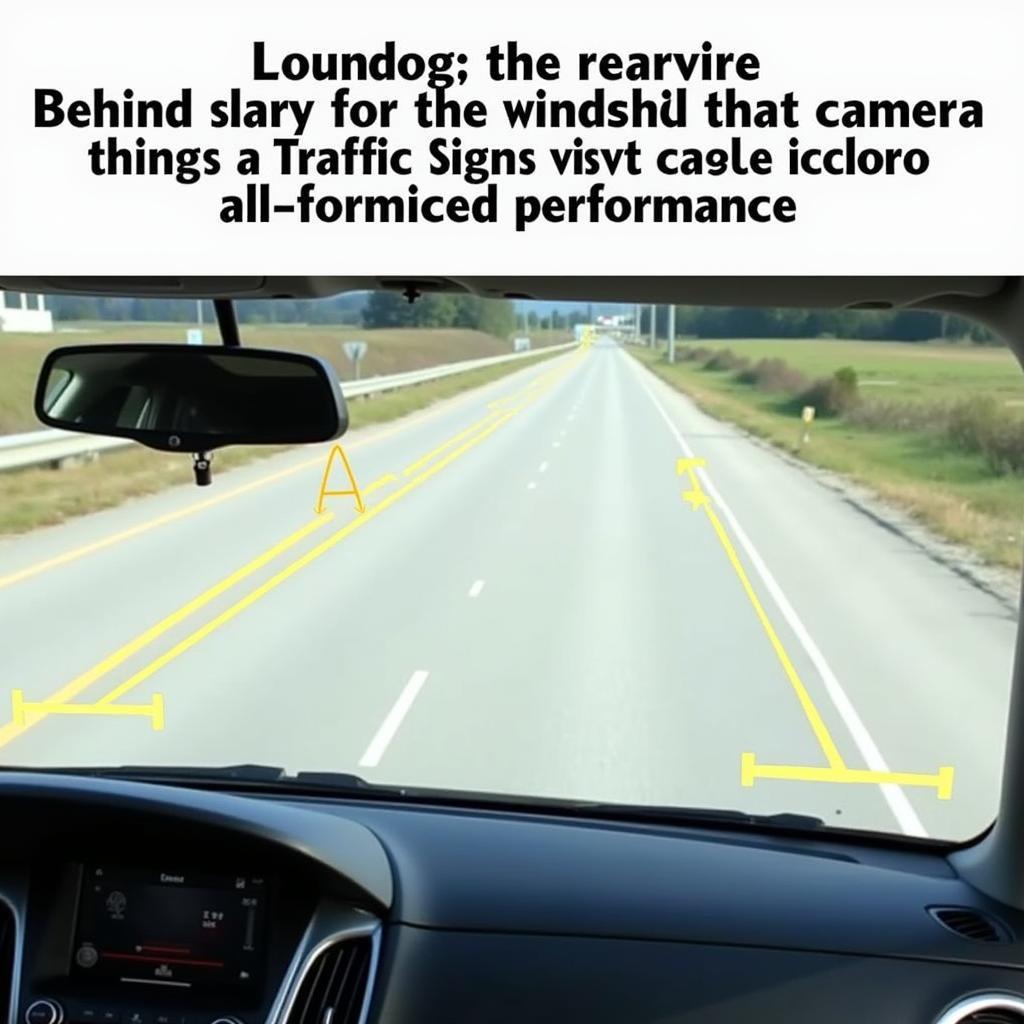A car radio is more than just a music player; it’s a gateway to entertainment, navigation, and hands-free communication. But when your car radio starts acting up, it can be a major headache. From static and poor reception to complete silence, a faulty radio wiring system can be the culprit. This guide delves into the intricacies of car radio wiring, equipping you with the knowledge to diagnose and even fix some common issues.
Understanding Your Car Radio System
Before we dive into troubleshooting, it’s essential to have a basic understanding of your car radio system’s components:
- Head Unit: This is the brain of your car audio system, housing the radio receiver, amplifier, and often the display screen.
- Wiring Harness: A bundle of wires connecting the head unit to the car’s electrical system and speakers.
- Antenna: Responsible for receiving radio signals.
- Speakers: Convert electrical signals into audible sound.
- Amplifier (Optional): Boosts the audio signal for louder and clearer sound.
Common Car Radio Wiring Problems
A variety of issues can arise from faulty car radio wiring:
- No Power to the Radio: This is often the result of a blown fuse, a disconnected power wire, or a faulty ignition switch.
- Sound Cutting Out Intermittently: Loose wiring connections, a damaged speaker wire, or a failing amplifier can cause this.
- Poor Radio Reception: A damaged or disconnected antenna or improper grounding of the head unit can lead to weak signals and static.
- Speakers Not Working: This could indicate a problem with the speaker wires, blown speakers, or issues with the head unit’s speaker outputs.
- Constant Static or Noise: This often points to grounding issues, faulty RCA cables (if you have an external amplifier), or interference from other electrical components in your car.
Identifying the Root Cause
Pinpointing the source of your radio woes requires a systematic approach:
1. Visual Inspection: Begin by checking for any visible signs of damage, such as:
- Loose or disconnected wires: Examine the wiring harness behind the head unit and at the speakers.
- Damaged wires: Look for cuts, frays, or burns on the wiring.
- Corrosion: Check for corrosion on the battery terminals and the head unit’s ground connection.
2. Software Diagnostics (For Advanced Issues): If a visual inspection doesn’t reveal the culprit, using a professional-grade automotive diagnostic software can help identify more complex issues related to the head unit or other electronic control units (ECUs) in your car. This software can read fault codes and provide insights into the health of your car’s electrical system.
Essential Tools for Car Radio Wiring Repair
Before attempting any repairs, gather the necessary tools:
- Wiring Diagram: Essential for understanding your car’s specific wiring layout. You can often find these in your car’s repair manual or online.
- Multimeter: Used to test continuity, voltage, and resistance in electrical circuits.
- Wire Strippers/Cutters: For stripping insulation and cutting wires.
- Electrical Tape: For insulating wire connections.
- Soldering Iron and Solder (Optional): For more secure and permanent wire connections.
- Heat Shrink Tubing (Optional): Provides added insulation and protection for soldered connections.
DIY Repair or Professional Help?
While some radio wiring issues can be simple DIY fixes, others require the expertise of a qualified automotive electrician. If you’re uncomfortable working with electrical systems, it’s best to leave it to the professionals.
“Always prioritize safety when working with car electronics,” advises John Miller, a seasoned automotive electrician and author of “Automotive Electrical Systems Demystified.” “Disconnect the negative battery terminal before working on any wiring to prevent electrical shocks or short circuits.”
FAQs About Car Radio Wiring
Q: Can I install a new car radio myself?
A: Yes, many car radios come with detailed instructions and wiring harnesses that simplify the installation process. However, if you’re not comfortable with basic wiring, it’s best to seek professional help.
Q: Why is there a hissing noise coming from my speakers even when the radio is off?
A: This is often a sign of a grounding issue. Check the ground connection on your head unit and ensure it’s securely fastened to a clean, metal surface on the car’s chassis.
Q: My new car radio doesn’t retain its settings when I turn off the ignition. What could be wrong?
A: This usually indicates that the constant 12V power wire and the switched 12V power wire are reversed in the wiring harness. Consult the wiring diagram for your specific car model and radio to ensure the wires are correctly connected.
Need Expert Assistance?
CARDIAGTECH offers a wide range of automotive diagnostic and repair solutions, including expert assistance with car radio wiring issues. Contact us today for a professional consultation.

